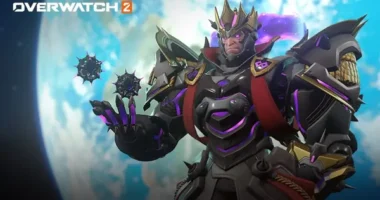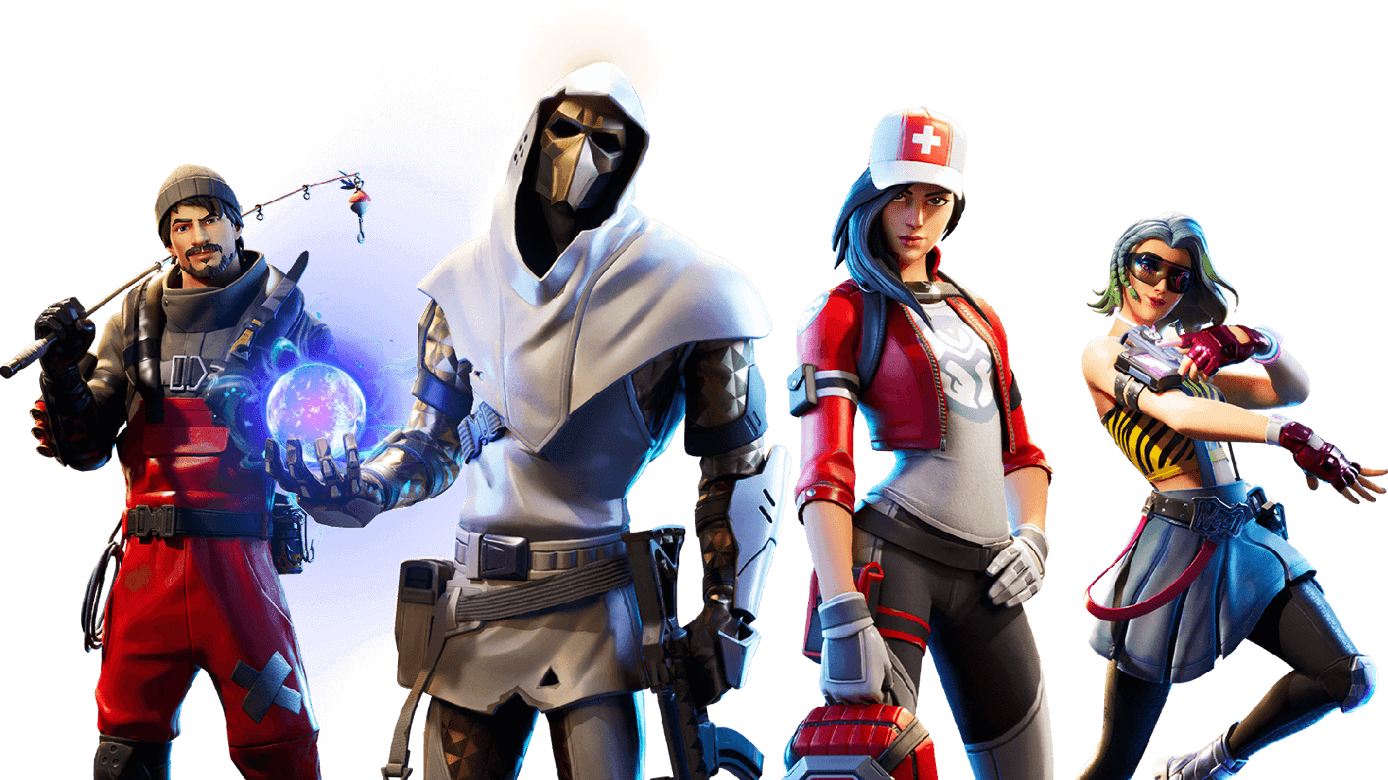Introduction
Overwatch 2 introduces a fresh take on the beloved hero shooter, offering new characters, maps, and a shift from 6v6 to 5v5 gameplay. However, a persistent issue remains—team balance. In competitive play, players often find themselves dealing with mismatched teams, whether it’s in terms of skill levels, roles, or synergy. While the game offers matchmaking systems designed to create balanced teams, it doesn’t always succeed, leading to frustration and an uneven experience. This article dives into the challenges of team balance in Overwatch 2, the impact on gameplay, and potential solutions that could improve competitive matches for players.
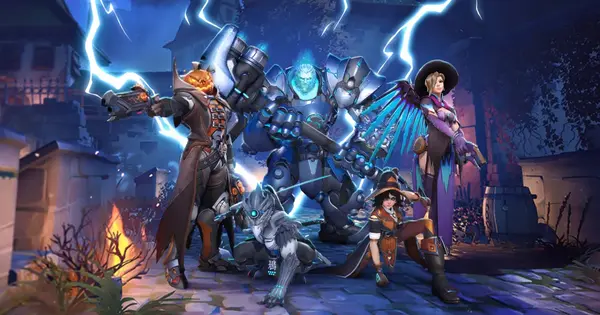
H2: Understanding Team Balance in Overwatch 2
H3: The Role of Matchmaking
Overwatch 2 uses a matchmaking system based on player skill, often determined by the player’s rank and performance. This system aims to create balanced matches by placing players of similar skill levels on opposing teams.
H3: Role Distribution and Team Synergy
With the shift from 6v6 to 5v5, each team now has only one tank, two damage dealers, and two support players. While this can create exciting dynamics, it also puts more pressure on players to pick the right heroes and play in synergy with teammates.
H2: The Impact of Mismatched Teams on Competitive Play
H3: Unbalanced Skill Levels
One of the most common complaints in Overwatch 2 is when a team is composed of players with widely varying skill levels. This often leads to one-sided matches, where lower-skilled players struggle to make an impact.
H4: The Snowball Effect
In Overwatch 2, when one team starts losing, the game’s momentum can quickly snowball, making it difficult for the losing team to recover. This is especially noticeable in modes like Control, where early mistakes can mean a significant disadvantage.
H2: The Strain of One Tank vs. Two
H3: Tank Role Imbalance
The shift to a 5v5 format has made the tank role more critical than ever. However, when one team’s tank is significantly more skilled than the other, it can often feel like a mismatch. The lack of a second tank can leave teams without the necessary frontline support, which is especially challenging against a more coordinated enemy.
H4: The Importance of Tank Synergy
The removal of a second tank also highlights the need for better synergy between the remaining tank and other roles. Teams without good communication or role coordination often find it hard to overcome stronger opponents.
H2: Hero Composition and Its Role in Team Balance
H3: Counterpicks and Meta Heroes
In competitive play, the choice of heroes often dictates the flow of the match. When teams don’t have the right counters or compositions, they can quickly fall behind. For instance, a team without a proper damage dealer or a healer who isn’t performing can easily lose control of objectives.
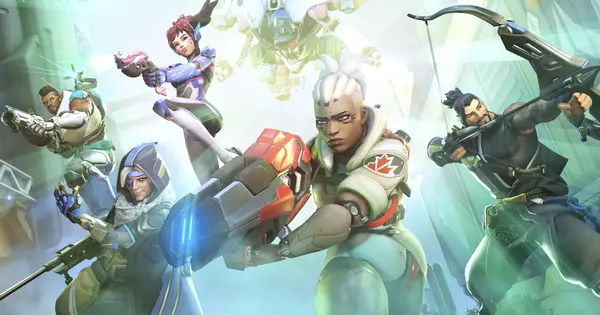
H4: The Flexibility of Damage and Support Roles
While damage dealers and supports offer more flexibility in hero picks, teams that lack well-rounded compositions often struggle. The introduction of new heroes has only increased the importance of adjusting to the meta, which can make or break a match.
H2: The Issue of Player Communication and Coordination
H3: Lack of Voice Chat
Effective communication is crucial in Overwatch 2, but not every player is willing to use voice chat, especially in a competitive environment. Without clear coordination, even well-matched teams can lose due to lack of synergy.
H4: Pinging and Limited Communication
While pings offer an alternative for non-voice chat users, they are far less effective than voice communication. This creates problems for teams that rely heavily on quick decision-making and strategy changes.
H2: Impact of Roll Queue and Role Queue on Team Balance
H3: Queue Time vs. Match Quality
The introduction of Role Queue, which allows players to select a specific role (Tank, Damage, or Support) before the match begins, was meant to improve team balance. However, players in roles with fewer available slots (such as Tank) often face longer queue times, which can lead to frustration.
H4: Forced Role Lock vs. Flexibility
While the role lock improves team structure, it sometimes forces players into roles they may not be comfortable with or experienced in, leading to unbalanced teams where one role is significantly weaker.
H2: Systemic Issues in Matchmaking Algorithms
H3: Hidden MMR and Skill Gaps
While Overwatch 2 uses a hidden Matchmaking Rating (MMR) to calculate skill, players have reported instances where MMR discrepancies are not adequately reflected in matchmaking, creating imbalanced matches.
H4: Solo vs. Group Queue Mismatches
There is also a difference between solo queue players and those playing in groups. The system often struggles to balance these two types of players, resulting in solo players facing coordinated teams, which can lead to unfair advantages.
H2: Potential Solutions for Improving Team Balance
H3: More Dynamic Matchmaking Adjustments
Overwatch 2 could improve its matchmaking system by incorporating more dynamic adjustments based on real-time performance during matches. This would help to create more balanced games, especially in cases where players experience drastic skill gaps.
H4: Enhanced Role Flexibility
Allowing more flexibility in switching roles mid-match or offering additional options for compensating for an underperforming role could help balance teams in real-time.
H2: The Future of Competitive Play in Overwatch 2
H3: Community Feedback and Developer Response
Blizzard is aware of these issues and has promised continued updates to improve matchmaking. Listening to community feedback and actively refining the matchmaking algorithm is crucial for the game’s longevity.
H4: Potential for New Game Modes
The introduction of new competitive modes, or changes to existing ones, could help mitigate some of these issues by offering alternative formats that reduce the reliance on perfect team compositions.
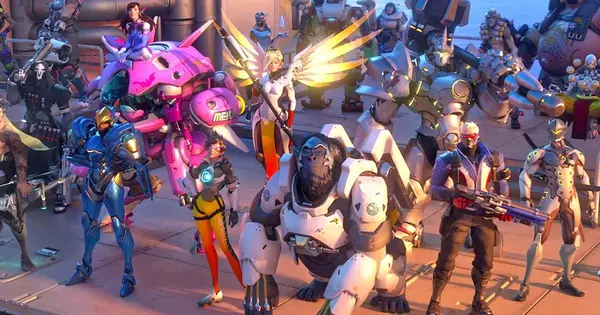
Conclusion
Team balance remains one of the most challenging aspects of Overwatch 2’s competitive play. While the game offers a wide array of characters and strategies, the matchmaking system and role distribution still fail to provide consistent, fair matches. By implementing more dynamic matchmaking, enhancing role flexibility, and improving communication tools, Blizzard could make Overwatch 2 a more enjoyable and balanced experience for all players.

